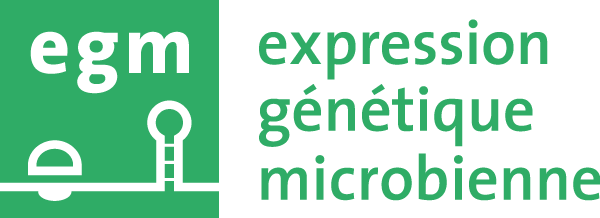The study of the ribosome and mRNA translation started in the 1960s. Since then, the translation factors, essential to recapitulate the translation process in vitro, have been identified leading to the development of different in vitro translation systems. Since 2000, the technical revolution of structural biology (x-ray crystallography and cryo-electron microscopy) allows us to have a precise view of the molecular mechanisms involved in protein synthesis catalyzed by the ribosome. Nevertheless, even if we can reproduce mRNA translation in vitro under specific conditions (different from the cellular conditions), the current in vitro translation assays are far from matching the efficiency of in vivo translation. This observation suggests that some of the mechanisms and factors controlling the translation process are yet to be discovered. Our goals are:
1/ To understand at the molecular and physiological level the mechanism of action of newly identified translation factors belonging to the ABC-F protein family. 2/ To identify new translation factors as well as factors that couple translation to other mechanisms. Our principal interest is to understand the fundamental aspect of protein synthesis mechanisms and regulations. Furthermore, we try to apply our findings to improve methods for protein synthesis in vivo and in vitro.
[More information…]
- Post-doctoral position in the lab. (More informations here)

